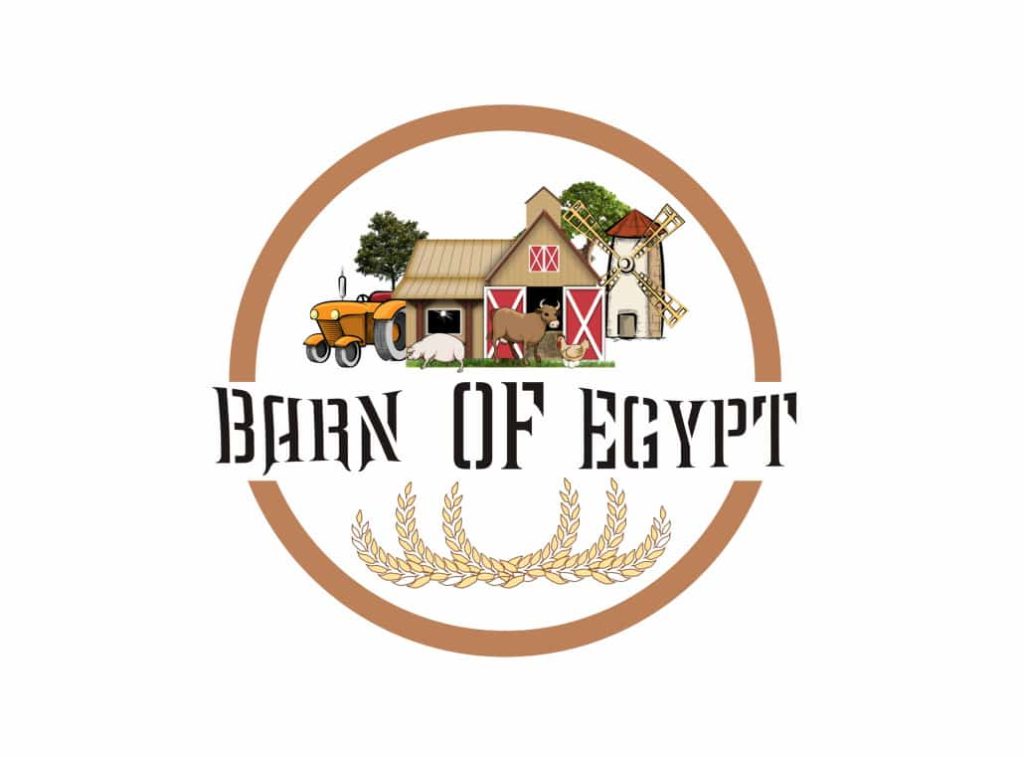Traditional Farming
- Techniques: Traditional farming uses methods that have been passed down through generations. These include plowing, sowing, watering, and harvesting by hand or with simple tools.
- Inputs: It relies on natural inputs like compost and manure for fertilization, and biological pest control methods.
- Crops: Traditional farming often involves mixed cropping and crop rotation, which can help maintain soil fertility and biodiversity.
- Yield: The yield per acre is generally lower in traditional farming due to the lack of advanced technology.
- Environmental Impact: Traditional farming methods can be more sustainable and have less impact on the environment, as they often involve fewer chemicals and less intensive land use.
Modern Farming
- Techniques: Modern farming uses advanced technology and machinery for plowing, sowing, watering, and harvesting. This includes tractors, combine harvesters, and irrigation systems.
- Inputs: It often relies on synthetic fertilizers and pesticides, which can increase yield but may also have environmental impacts.
- Crops: Modern farming often involves monoculture, where a single crop is grown over a large area. This can lead to higher yields but may also reduce biodiversity and make crops more susceptible to pests and diseases.
- Yield: The yield per acre is generally higher in modern farming due to the use of advanced technology and inputs.
- Environmental Impact: Modern farming can have a larger environmental footprint due to the use of synthetic inputs and intensive land use. However, it also has the potential to be more sustainable through practices like precision farming, which uses technology to apply inputs more efficiently.
In conclusion, both traditional and modern farming have their advantages and disadvantages. The choice between them often depends on factors like the local environment, available resources, and market demands. A combination of traditional knowledge and modern technology could potentially offer a sustainable way forward for agriculture.
